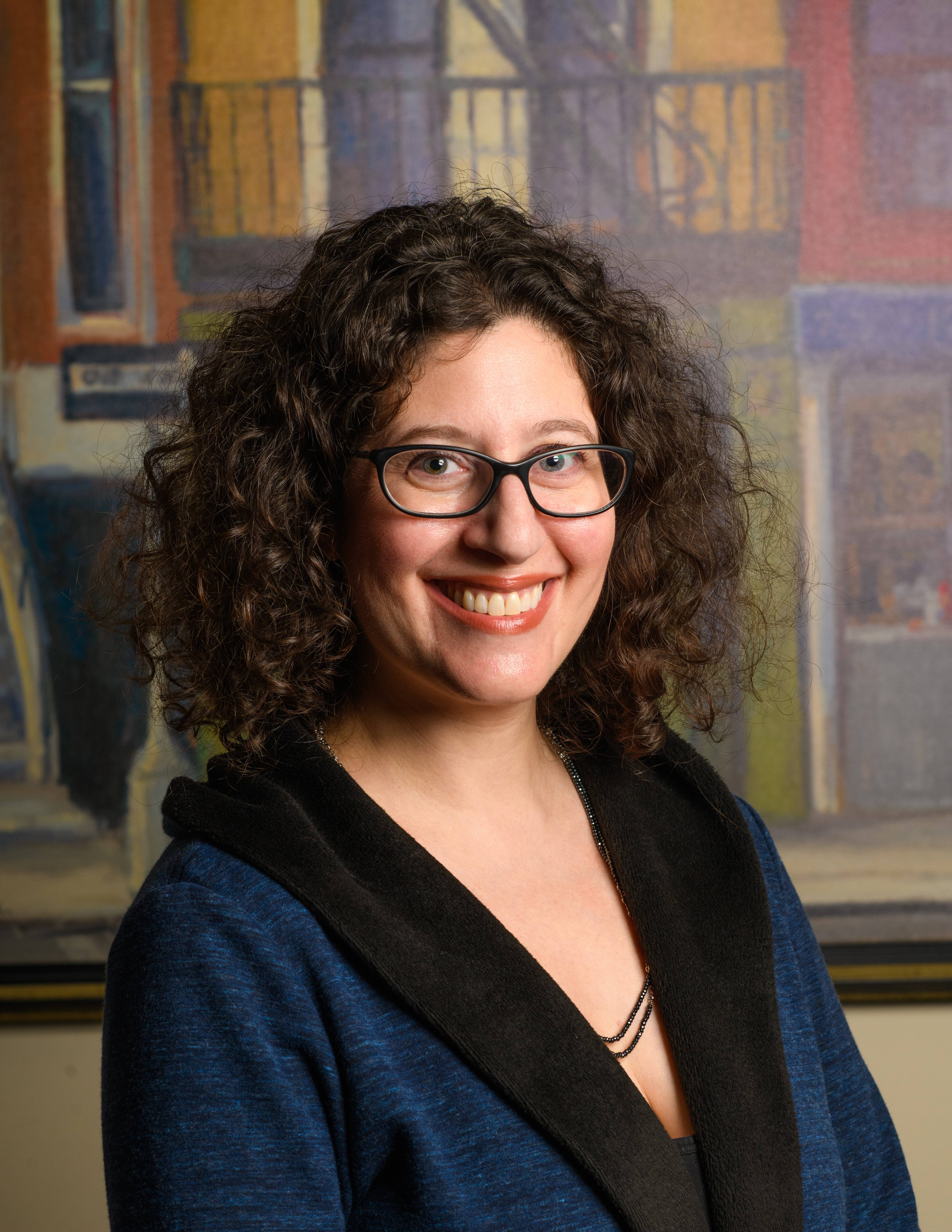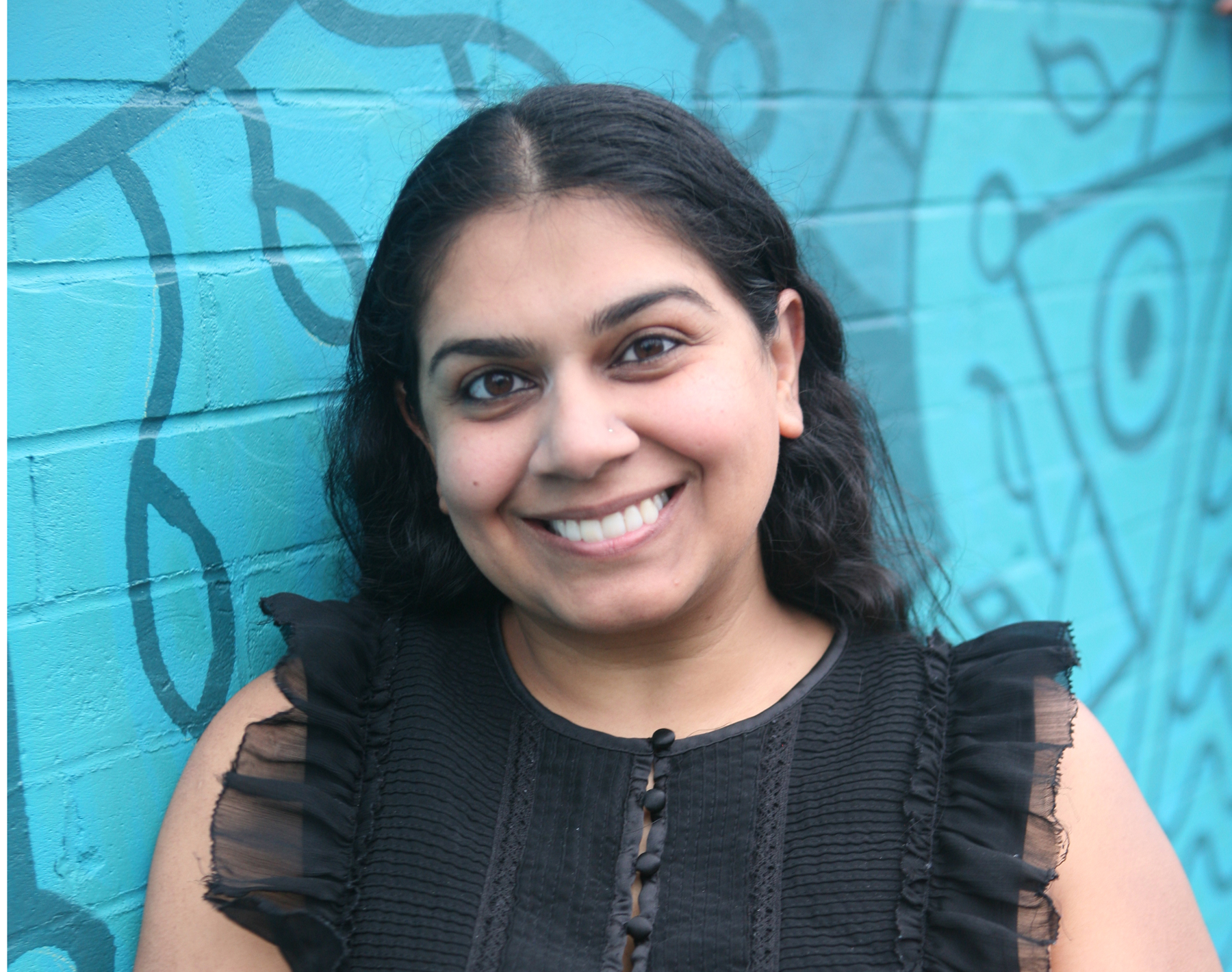About
Sarene Leeds holds an MS in Professional Writing from NYU, and is a seasoned journalist dedicated to reporting on autism, women's health, parenting, mental health, TV, and pop culture. Her work has appeared in HuffPost, Verywell, Rescripted, Rolling Stone, The Wall Street Journal, Vulture, SheKnows, and numerous other outlets.
Experience
Sarene has worked as a writer and journalist for over 20 years. She is also the proud mother of an autistic daughter, an experience she draws from in her writing as an autism advocate.
Education
MS in Professional Writing from NYU (2022)
BA in Journalism from Brandeis (1999)
Meet Our Other Writers
Recent Articles by
Sarene Leeds

Autism and Eating Disorders: Understanding the Overlap in Adults
When my daughter was diagnosed with autism and ADHD a couple of years ago, suddenly, her lifelong eating challenges started to make sense: Her constant refusal to try new foods and her insistence on a “safe foods”-only diet was due to her neurodivergent brain.
While this is something we’re working on every day, and her nutrient intake is improving, I know she will still have to manage these eating differences in adulthood.
Autism can undoubtedly affect one’s eating habits or behaviors, and autistic people are at a higher risk of developing eating disorders. However, even though there are some overlaps, it’s important to recognize that eating differences in autistic adults aren’t necessarily a gateway to an eating disorder.
In this article, we’ll explain not only the overlap between autism and eating disorders but also clarify the deviations. Plus, we’ll discuss how to identify eating differences, as well as outline autism-informed eating disorder care.

Understanding 'High-Functioning' Autism: Traits and Misconceptions
As our understanding of the autism spectrum evolves, so does the language associated with autism spectrum disorder (ASD). And that language matters.
Right before my daughter was diagnosed with ASD, I felt like everyone around me was using the phrase “high-functioning autism” to describe her relatively moderate support needs. It also seemed to confirm why it took several years to receive an autism diagnosis at all. I soon learned, however, that describing someone with “high-functioning autism” was not only incorrect but harmful.
For starters, “high-functioning autism” isn’t even a clinical diagnosis, though the term is pervasive enough that some people may mistake it for one.
What the best-intentioned people usually mean when they say “high-functioning” is Level 1 or low support needs, which often refers to someone who needs circumstantial support with social communication and restricted or repetitive patterns of behavior and interests (RRB).
Specifically, that can mean help with managing the need for sameness, recognizing neurotypical social functioning and cues, and managing sensory sensitivities. Autistic people who are Level 1 may also engage in masking, which can make someone seem to have fewer support needs than what is actually sustainable.
Nasiyah Isra-Ul (they/she) is an autistic professional and disability advocate who believes that the once-prevalent “high-functioning autism” label prevented them from receiving the support they needed throughout their childhood and young adulthood. It could also explain why they received a late autism diagnosis as an adult.
If you’re curious about signs of high-functioning autism in adults, you’re in the right place! But we won’t be using that problematic term, and neither should you. In this article, we’ll explain why the term is outdated, what people actually mean by it, and what the most common autistic traits look like for adults with Level 1 autism support needs or who mask heavily.

OCD and Autism: Understanding the Differences, Overlaps, and Support Options
Having autism and obsessive-compulsive disorder (OCD) can be confusing for people with both conditions, especially because there are so many similarities between OCD and autism. It can also be a puzzle for people trying to figure out if they have autism or OCD.
However, overlapping traits, such as repetitive behaviors, can sometimes lead to an overall misunderstanding of the support people with these co-occurring conditions may need. This is mainly because although the characteristics of both autism and OCD are alike, the underlying reasons behind those behaviors are rather different.
As with autism, people with an OCD diagnosis are considered neurodivergent because they respond to the world differently than neurotypical individuals.
No matter where you are in your journey toward understanding OCD and autism (whether you’re considering an evaluation or have recently received a diagnosis), this article unpacks the differences between these conditions, as well as where they overlap. In addition, we’ll discuss understanding what it means to have both autism and OCD, as well as the supports available to you.
.webp)













